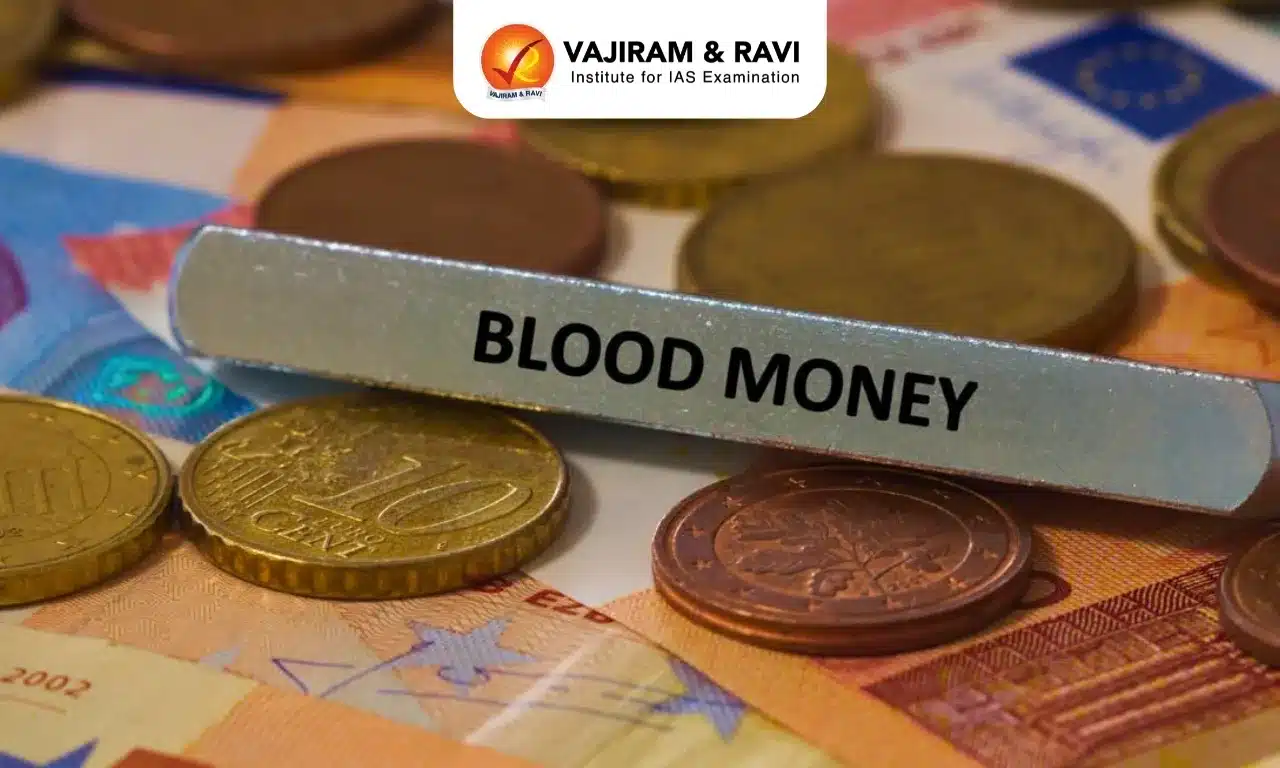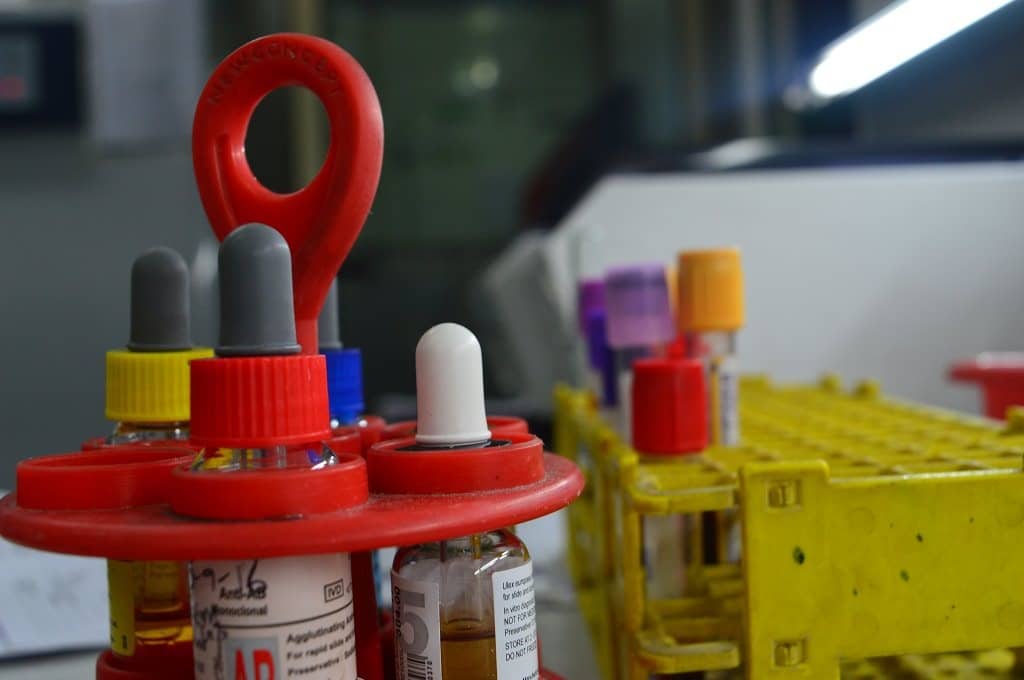About Blood Money:
- Blood money’, or ‘diya’, finds footing in the Islamic Sharia law and is followed in countries that incorporate these laws in their legislation.
- Under the rule of ‘diya’, a select quantity of a valuable asset, primarily monetary, has to be paid by the perpetrator of the crime to the victim or the victim’s family if the latter has died.
- The custom is practised predominantly in cases involving unintentional murder and culpable homicide.
- It is also invoked in murder cases wherein the victim’s kin choose not to retaliate through ‘qisas’ (a way of retribution under the Sharia).
- The end-goal, as the law says, is not to put a price tag on human life but to alleviate the plight and suffering of the affected family and their potential loss of income.
- However, it is to be noted that even if the concerned parties reconcile through ‘blood money’, the community and the state will retain the right to impose a deterrent punishment, including penalties.
- In its contemporary applications, ‘blood money’ is upheld in several Islamic countries with factors such as gender, religion, and nationality of the victim coming into play.
- In Saudi Arabia, for instance, the traffic regulations specifically mandate payment of ‘blood money’ to heirs of the victims who die in road accidents. In addition, the perpetrator shall be liable to a prison term.
- What’s India’s stand on ‘diya’?
- Provisions for the grant or receiving of ‘blood money’ do not find a place in India’s formal legal system.
- However, the system does provide a way for the accused to negotiate with the prosecution through ‘plea bargaining’.
- Though the concept cannot be directly equated with ‘blood money’, the scheme lays out a procedure whereby the defendant agrees to plead guilty for a particular offence perpetrated by the accused in return for a concession from the prosecutor.
- Introduced through the Criminal Law (Amendment) Act, 2005, plea bargaining comes with an array of limitations unlike ‘blood money’, which has a broader purview.
- For instance, plea bargaining can be taken up only for offences that are penalised with imprisonment of less than seven years.
- It cannot be invoked if the accused has been previously convicted for a similar offence.
- Besides, the provision is not available for crimes against women or children aged below 14; heinous crimes such as murder or rape; and offences involving socio-economic conditions, including civil rights.
- Moreover, the accused has to voluntarily come forward to plead guilty, and must not be coerced.
- However, on the lines of ‘blood money’, plea bargaining may also allow for the victim to receive compensation.
Q1: How much is Diya in Islam?
The amount of Diya (blood money) in Islam varies based on country, legal interpretation, and specific circumstances. However, according to classical Islamic law (Sharia), the standard Diya for an adult Muslim male is typically set at 100 camels, 200 cows, or 1,000 gold dinars (approximately 4.25 kg of gold), or 12,000 silver dirhams (approximately 42.5 kg of silver).
Source: TH
Last updated on June, 2025
→ UPSC Notification 2025 was released on 22nd January 2025.
→ UPSC Prelims Result 2025 is out now for the CSE held on 25 May 2025.
→ UPSC Prelims Question Paper 2025 and Unofficial Prelims Answer Key 2025 are available now.
→ UPSC Calendar 2026 is released on 15th May, 2025.
→ The UPSC Vacancy 2025 were released 1129, out of which 979 were for UPSC CSE and remaining 150 are for UPSC IFoS.
→ UPSC Mains 2025 will be conducted on 22nd August 2025.
→ UPSC Prelims 2026 will be conducted on 24th May, 2026 & UPSC Mains 2026 will be conducted on 21st August 2026.
→ The UPSC Selection Process is of 3 stages-Prelims, Mains and Interview.
→ UPSC Result 2024 is released with latest UPSC Marksheet 2024. Check Now!
→ UPSC Toppers List 2024 is released now. Shakti Dubey is UPSC AIR 1 2024 Topper.
→ Also check Best IAS Coaching in Delhi
























